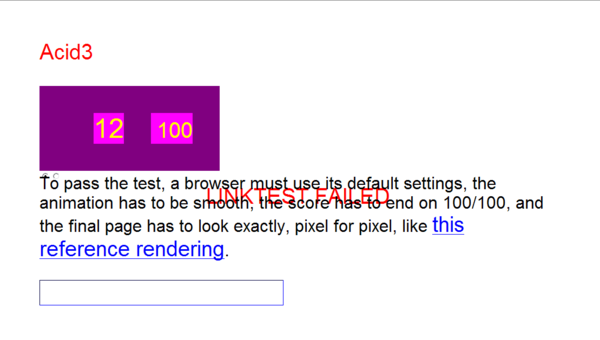
(www_ukberri_net/Flickr)
You know, I’m sure that folks would probably think that I’d have more to say about the decision to kill off Internet Explorer once and for all.
Clearly this browser, which Microsoft announced that it was finally ending support for last week in favor of the Chromium-based Edge, has represented something important to internet culture over the last quarter century.
But I just sort of feel like I don’t want to give it too much credit. Because when you break it down, it was simply a big company’s attempt to ensure relevance would always follow it. The scary part is that it almost worked.
Along the way, Internet Explorer represented some of the worst habits in the history of technology: It started after Microsoft licensed a program that started as a non-commercial project that a university felt compelled to commercialize; it leveraged its owner’s scale in other places to assert unearned dominance; it went out of its way to damage an innovative competitor’s work; and when it finally reached a position of dominance, it stayed there and did little to push technology forward.
The five-year period in which Internet Explorer 6 was the most recent release of that browser—a period that encapsulated the sudden rush in online news created by 9/11, the early years of the blogosphere, the creation of Facebook, and the release (and rise) of the original iPod—might as well have been a million years in tech years, and Microsoft did little to push this browser forward during what should have been a pivotal time for internet technology. And while it took a while for competitors to show up in the form of Firefox, Safari, and (later) Chrome, Microsoft unwittingly gave them a huge leg up by doing basically the bare minimum to maintain a fundamental foundation for internet access. The bare minimum created longtime security problems that Microsoft struggled to patch on a regular schedule, and by 2011, five years after Microsoft had released IE6’s replacement, the company was basically begging users to move away from it.

The Acid3 test basically shamed Internet Explorer and other non-standards-compliant browsers into compliance. It worked. (via Wikimedia Commons)
There was just one problem with that: Because IE had basically laughed in the face of web standardization for so long, large companies made the decision to build their browsers not for web standards, but for IE6. And by giving IE6 that level of control over the direction of their web projects, it meant that no other browser could really replace it—which meant that people were continuing to use IE6 for years past its sell-by date basically because their custom web applications would break without it.
While we worry today about the monoculture of Chrome and the memory consumption habits of modern web browsers that are doing far more than the web was originally intended to do, the fact of the matter is, what we have now is leagues better than Internet Explorer ever was—we have browsers that largely follow standards, and as a result, so too do most of our applications. In fact, the reason why IE11 is sticking around as long as it has is because of these custom-application use cases—and Microsoft is still having to account for those use cases in Microsoft Edge.
To me, Internet Explorer is a great example of what happens when the biggest company in the world thinks it can ignore standardization of an open resource: It creates a problem that the company, despite having finally seen the light of standardization more than a decade prior, is still stuck with two decades later.
Time limit given ⏲: 30 minutes
Time left on clock ⏲: 59 seconds



